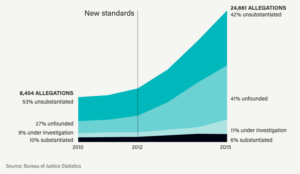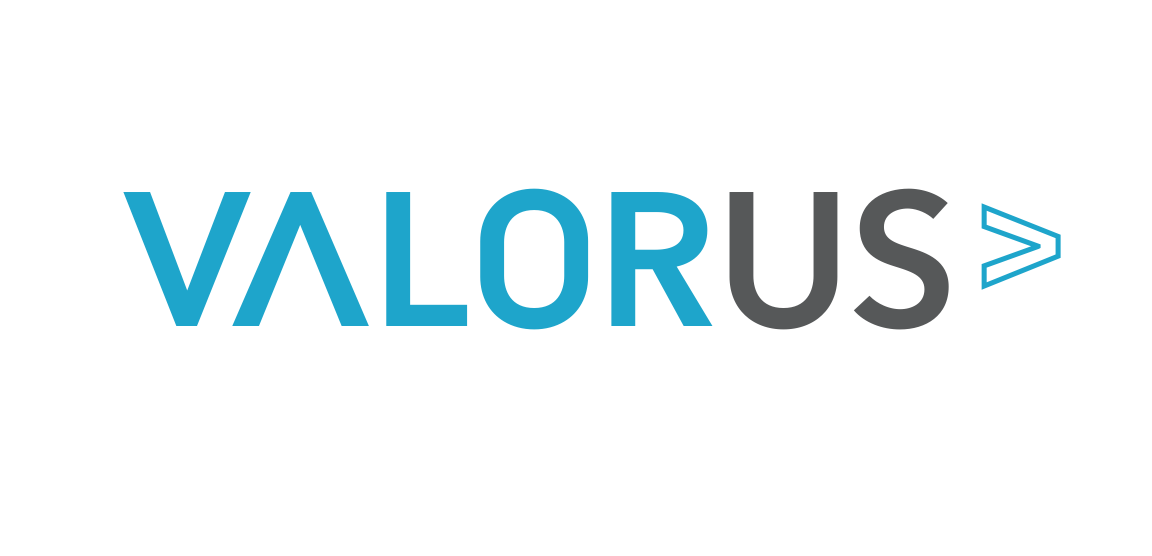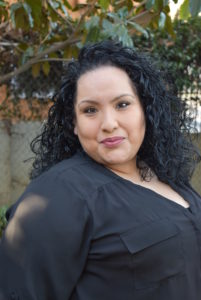The Prison Rape Elimination Act (PREA) was a bipartisan effort that passed in 2003 which in turn also created the National Prison Rape Elimination Commission and charged it with developing draft standards for the elimination of prison rape. These standards became effective August 20, 2012.
Since 2012, reports have increased three fold in detention facilities yet a majority of reported cases are dismissed outright due to lack of evidence and resources.

Understanding the need for capacity building in this space, CALCASA coordinated the statewide effort for Advancing PREA. Advancing PREA is CALCASA’s initiative with Just Detention International (JDI) that works jointly with the California Department of Corrections and Rehabilitation (CDCR) and rape crisis centers to strengthen partnerships dedicated to upholding the rights of incarcerated survivors.
Recently, CALCASA’s Marsela Rojas Salas, Project Coordinator on the Advancing PREA initiative, sat down with Connie Cueva, Program Coordinator on PREA services based out of the Women’s Center in Stockton, CA to get a first hand account of what it has been like working with survivors in detention facilities.
Connie Cueva started as a volunteer in 2002 with the Women’s Center Youth & Family Services as a Hospital Response Advocate. In 2005 Connie became an employee of the Women’s Center-Youth & Family Services working as a Domestic Violence Advocate for two undisclosed shelters for victims of Domestic Violence. In 2016 Connie transitioned into the Sexual Assault/Domestic Violence Program. In 2019 Connie became the Program Coordinator for one of the disclosed shelters, SART, & PREA Services. “Eighteen years later, I still love what I do,” Connie stated with a glowing smile across her face.
What kinds of services do you provide to survivors in detention centers?
I can remember us doing hospital responses for incarcerated survivors, but as far as follow up services, it’s been as of April of 2019. We had a standard letter that we would send out with information about our organization. But we didn’t do any type of follow up services.
[Now] we can accompany survivors on forensic exams, investigatory meetings, provide them with resources via letter writing, take hotline calls, and conduct in-person one-on-one counseling.
What kind of impact has this work had on survivors in detention?
Survivors are seeing that they have a voice and that it’s not just someone that they’re calling at that moment, but beyond that. They see that they have their own advocate, not just a random person on the phone.
And you, as an advocate?
Sometimes you may hear, ‘do you really think this happened? You don’t know what they did?’ We have to be mindful never engage in those conversations. We always tell them “I believe this person and that is why I’m here.” So it’s really important to be mindful of side conversation so that our client knows 100% we are here for you, we believe you, and whatever else is said is none of our business.
How have you had to adapt your services to better serve incarcerated survivors?
Unlike the people who come to the center, we don’t have complete confidentiality when responding to SART exams at detention facilities. Officers are still in the room. Survivors are also not comfortable talking on the phone. I’ve even told them that we can read your lips in person if that’s what is needed. Survivors are also afraid of writing because they’re afraid someone will read their letters. Always ask for consent about sharing certain things with officers when advocating for them.
What kinds of challenges have you experienced serving survivors in detention? How have you overcome these challenges?
Knowing my boundaries when I come into SART. Knowing what I am able to do in terms of advocating for someone.
Even with other people saying “you work with survivors that are incarcerated?” Our team doesn’t care what their charges are. Society’s attitude is harmful. It’s as ignorant as saying “What was she wearing?”
What would you share with RCCs that are just now starting to provide services to survivors in detention?
Before I started I was afraid of the push back I expected from facilities. Take every situation as it is. Have an open mind.
What is the hope for this program- for survivors- moving forward? What about detention settings?
That we are here for them and that they are comfortable enough coming forward. That [detention centers become] more aware and more protective of our clients. Sometimes it is more so staff that need to be educated.
I hope that we are able to provide more services, I would love to have onsite advocates, be able to have support groups and more one-on-ones.
This type of work can really take a toll on people. How do you take care of yourself?
Car shows! My husband and I like to buy cars and fix them up. It’s such a great feeling to take something and make it beautiful once more.
—
This year, CALCASA added to this partnership to include twenty-four county jails. California remains one of the only states with confidential free non-recorded, not monitored phone calls to RCCs, and with posters that specifically advertise them in incarceration facilities.
“When the government removes someone’s freedom, it takes on an absolute responsibility to keep that person safe. No matter what crime someone may have committed, rape is not part of the penalty.” Just Detention International



